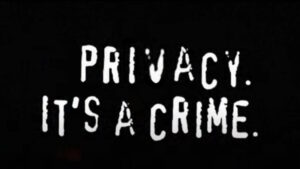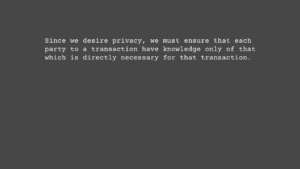Pro-censorship EU Commissioner Thierry Breton recently came out against TikTok and Snapchat for supposedly inadequate content censorship during French riots, sparking concerns among free speech advocates.
Speaking on France Info radio, Breton highlighted the social media companies supposed failure to suppress content related to the civil unrest, a perspective which many view as an open infringement on freedom of speech and expression.
According to French President Emmanuel Macron, the rioting that engulfed French cities in the aftermath of a police-related shooting involving a teenager on June 27 was made worse by videos spread online.
Macron argued that these videos made unrest worse, but in a democracy with free speech, the videos were merely coverage and documentation of uncensored real-time events happening in their community.
The EU’s Digital Services Act is set to come into play on August 25th, where the EU will wield more substantial powers with content removal online. Breton said that any platforms failing to eliminate “content that is hateful” would face immediate penalties, including fine sand suspension.
The European Union launched a chilling ‘voluntary disinformation code of practice’, wherein the state has final say on what constitutes reliable and accurate information. In preparing for the Digital Services Act, the EU has threatened Elon Musk’s Twitter with a blanket ban in the bloc, which may have a deeper chilling effect on free speech.
This law raises questions about where to draw the line between harmful content and free speech, an ongoing debate in the digital era.
Breton reiterated that action against so-called non-compliant platforms would be quick, saying that “platforms will have to show us that they are in a position to apply the law.” In other words, Breton is arguing for proactive censorship of content, creating a digital space where the Overton window shrinks indefinitely.
Restrictions on free speech have increased on social media sites. In response to the events, Mark Zuckerberg, the CEO of Meta, hired an additional 1,000 censors, according to the Commissioner. He suggested that Meta should confirm its compliance of its new app, Threads, with EU law before launching.
Meta is actively censoring content and websites which are deemed to go against ‘community guidelines’ without providing explanations, sparking concerns about the social media giant’s viability as a digital town square.
Join the telegram channel for updates, charts, ideas and deals.
Did you like the article? Share it!


